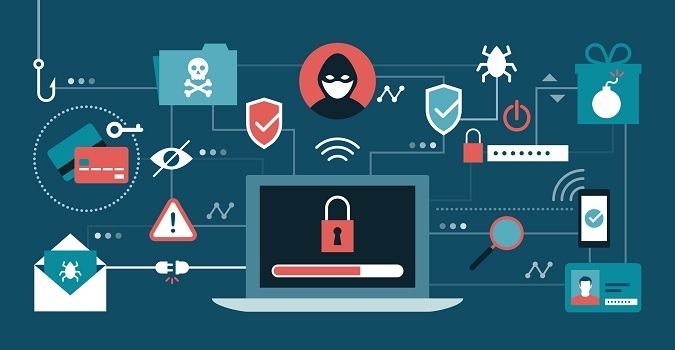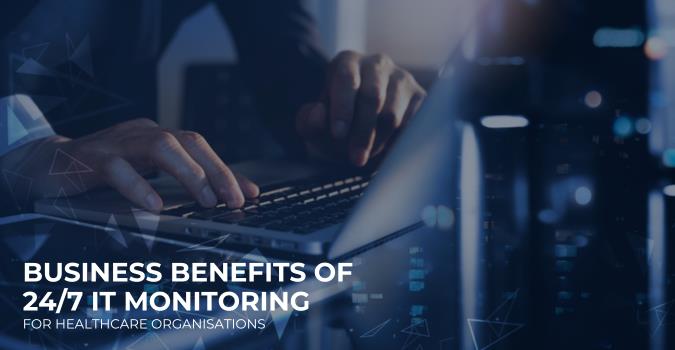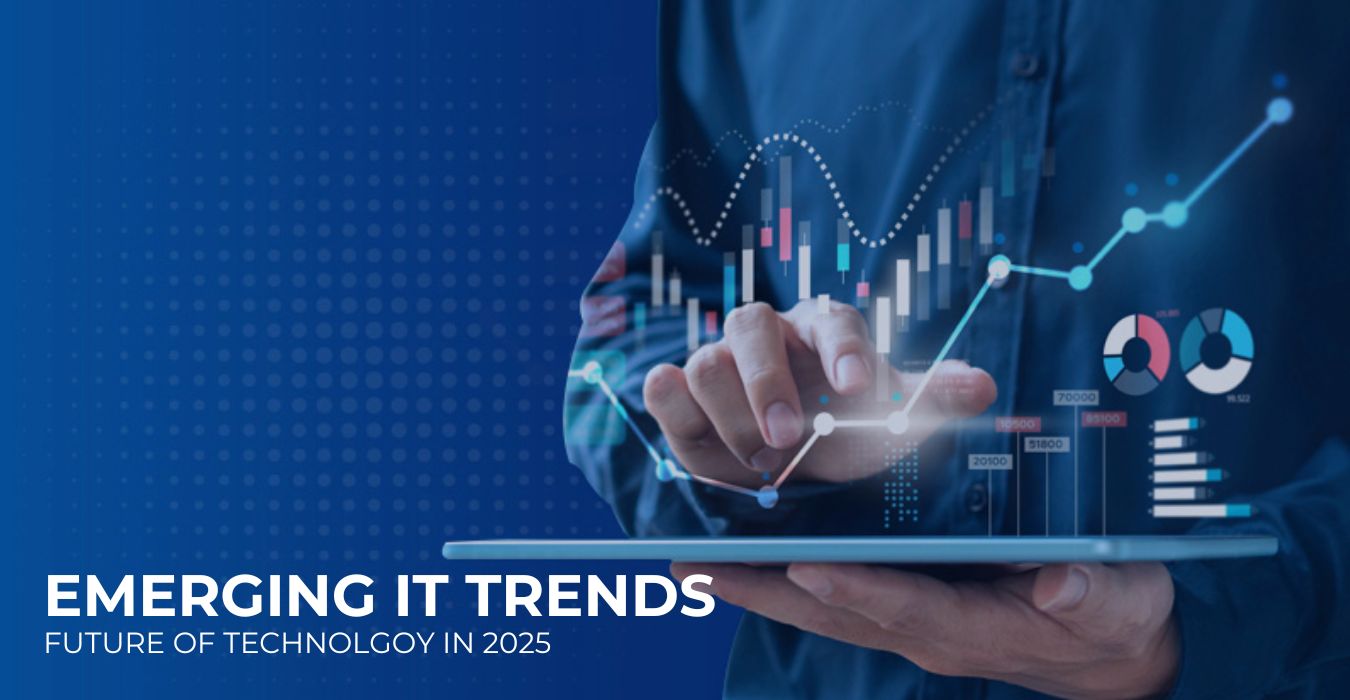Healthcare organisations rely on robust IT systems to manage patient records, facilitate telemedicine and support…

Types of Cyber Security Threats in the Healthcare Sector
The importance of cybersecurity for healthcare systems can’t be denied. Medical Centers and Practices have valuable patient data and less tolerance for disrupted activity as it negatively impacts patient care. Email phishing attacks, ransomware attacks, data breaches, equipment loss or theft, and malware attacks are some common types of cyber security threats in the healthcare industry is currently facing. These issues interrupt medical services providers to deliver better patient care.
AI-Based Healthcare Cybersecurity Solutions are widely used for both patients’ data security and medical devices. The latest AI developments have allowed artificial intelligence to perform better than professional radiologists at detecting breast cancer.
Email Phishing Attacks
Email phishing attempts are comparatively simple to employ, easier to attack many targets simultaneously as well as higher risk/reward ratio offered. Maybe these are the reasons, cybercriminals commonly use it.
In a phishing email attack, a criminal sends the victim an email pretending to be an individual they aren’t, either a reliable person or a worker from a company the victim is familiar with. The objective can be to make victims provide them with sensitive data, click a malicious link, or wire money.
Workers should be trained to handle phishing emails. If they ever click on a malicious link, in a phishing email, it can make your healthcare center violate HIPAA rules or face a lawsuit from the victimized patients.
Ransomware Attacks
Ransomware is a kind of malware that intimidates a victim by saying that they will disclose or shut off access to information or a computer system, mostly by encrypting it, until their prey pays an amount of money as ransom to them.
These attacks can impede a medical practice because their services are crucial, possibly life-threatening for patients if computer systems couldn’t be accessed during an attack. Cybersecurity Risk Assessment can help in detecting and solving security issues to prevent ransomware attacks.
Data Breaches or Equipment Loss
Data breaches and equipment theft is probably one of the biggest cyber security threats in healthcare. The Healthcare sector utilizes extremely sophisticated, modern, and important equipment which makes it a high-danger target.
Plus, healthcare practices possess a massive amount of personal data and other information. A cybersecurity data breach can affect a jaw-dropping number of patients. Also, sometimes data breaches occur due to employees’ carelessness or forgetfulness. Thus, make sure to appropriately train all employees on the protection of data and equipment.
Insider Cyber Security Threats
Not all cyberattacks on the healthcare industry come from external cybercriminals. As the healthcare industry is a goldmine of valuable data that can be sold for hefty amounts of money, disgruntled employees can purposefully disclose their data to the criminals in the black market.
Since workers know all about the vulnerabilities, network setup, and access codes, they can sell your data to malicious people. That’s why zero-trust access and data encryption are vital to keep healthcare data safe.
Cloud Security Threats
Cloud technology is being widely used in healthcare settings in order to restore data easily and increase cybersecurity in Healthcare.
But all cloud-based healthcare cyber security solutions aren’t HIPAA compliant. Moreover, many medical practices don’t encrypt the information before sending and receiving it through the cloud. This may allow intruders to access the data.
Healthcare practices should either employ a private cloud or an on-site data center to secure and encrypt data regularly.
Conclusion
MedicalIT.Services provide medical practices the capability to enhance and track their health score of cybersecurity while protecting patient privacy and the organization’s ecosystem.
Contact us today to get a free consultation with one of our IT experts on how you can implement robust cyber security solutions to make sure that your healthcare operations are protected and secured.
Also Read:



